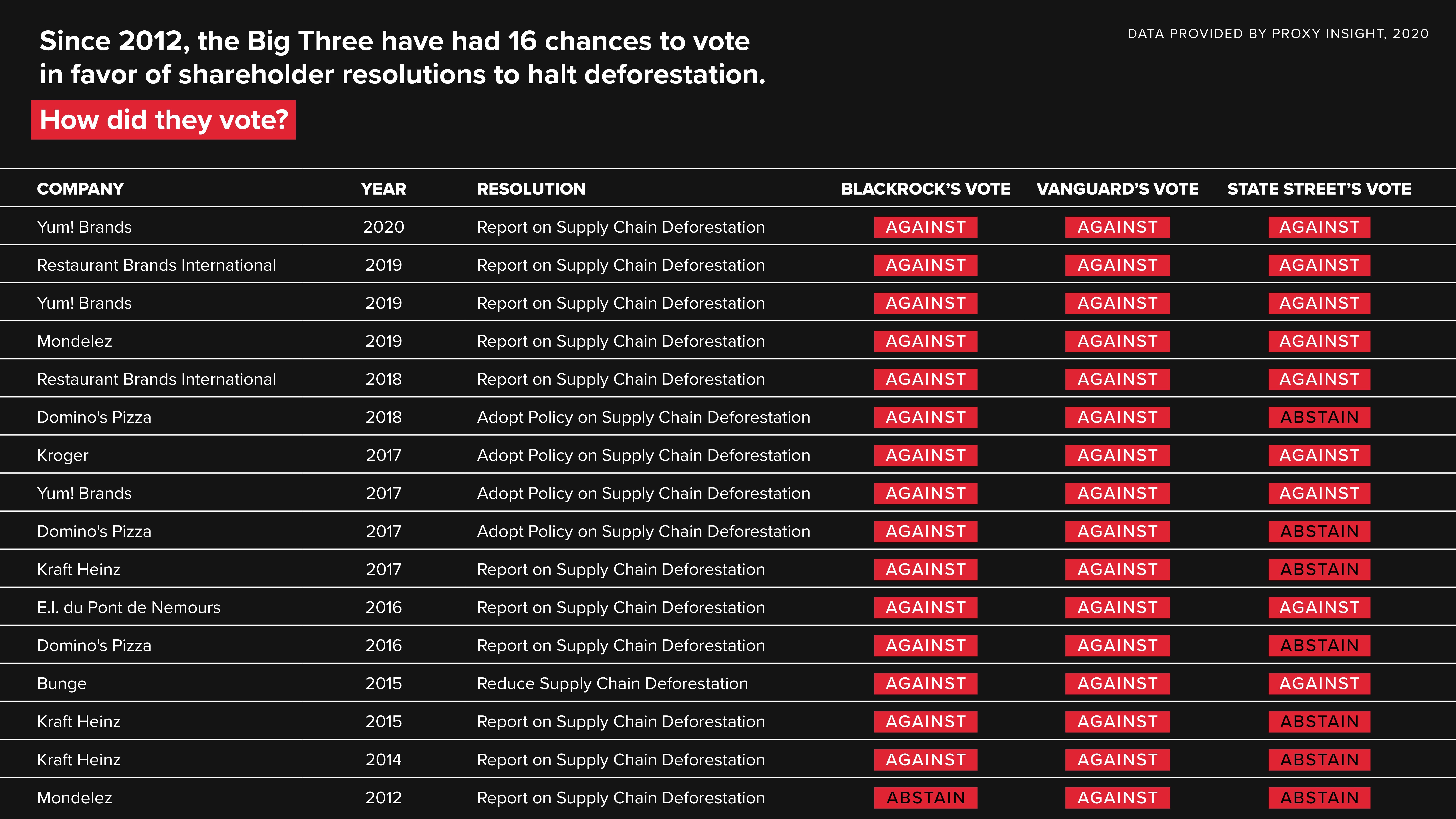On The Passing Of Henry Kissinger, Liberalism, Realism, and, Ukraine
Posted in Uncategorized on December 2, 2023 by wallisa

With the recent unfortunate passing of Henry Kissinger, America has lost an invaluable strategic mind. For all the shrill criticism directed at Kissinger for his efforts – and ultimate success – in extricating America from Vietnam in the context of a hyper competitive bipolar system (said criticism, of course, is fine with inveighing against actions taken over 50 years ago. But as for current US malpractice, we must, of course, all be on the same page—lest we fall victim to so called foreign propaganda), and in the context of protecting a sovereign and culturally distinct South Vietnam from a conventional invasion by the hyper aggressive Viet Cong, who explicitly utilized mass murder and terror as one of the primary means by which their campaigns were prosecuted (though we should not forget that Vietnam was a conventional war, often fought against a conventional opponent, armed with hundreds if not thousands of Soviet tanks, replete with well trained crews, heavy artillery, anti-air, etc. These were not poor rice-farmers. After the utter operational failure of the Tet Offensive, the Viet Cong Guerilla Army ceased to be operable.), one nevertheless has a hard time objecting to the statement that Henry Kissinger was both a brilliant – if, by some accounts, unethical – practitioner and theorist of international relations.
I believe that America is a country that is traditionally poor at foreign policy. We gained pre-eminence not through our brilliance – though I do not deny the creativity of our past leaders – but through our sheer productive capacity. Even now, despite the general collapse of productive forces within America, we continue to dominate large swathes of the world by virtue of PPP, the Dollar, our sheer military power, our ability to infiltrate open societies with NGOs, and PSYOPs, and, of course, the general bias within international systems which favors the imperial core. I believe that American historical isolationism and idealism has fostered a set of values (even if my diagnosis of whence is incorrect, such ideas still prevail) which make strategy exceedingly difficult for us. Such mindsets have led us into numerous conflicts with good intentions (Libya, Afghanistan, Iraq, Somalia, Bosnia, Kosovo, Vietnam, Yemen, etc.), but which have frequently led to disillusionment, never ending conflict, a lack of real political solutions, and, of course, a large loss of life and treasure. Henry Kissinger was one of the few who broke this mold.
Henry Kissinger’s list of achievements is unparalleled in US history. From effecting the Sino-Soviet split (criticism of which is often unfounded—Kissinger did not create modern China nor Xi Jinping – nor is modern China necessarily some ontologically evil opponent who seeks to destroy the entire “free world” – It is rather the more recent leaders of America, especially Bill Clinton, Bush Jr, and Barack Obama, who refused to think beyond the confines of liberal dogma) to creating real peace between Egypt and Israel – which, 50 years hence, still holds – Kissinger has some of America’s greatest foreign policy victories under his belt. Even in his retirement, as mentioned by Dr David Petraeus at a recent talk at the Army Heritage Center in Carlisle, PA, Kissinger continually met with world leaders such as Xi Jingping and Vladimir Putin, and, according to Dr Petraeus, such meetings were considered invaluable by various government agencies up to his death.
It is in many ways ironic that Realism – a set of ideas frequently associated with coldness and calculation – as a school of international political theory has become so adamant about peace. Calls for caution and withdrawal from our conflict with Russia in Ukraine, for example, have primarily come from more realist schools of thought. Perhaps the most prolific example of this is John Mearsheimer, a Professor at the University of Chicago. However, Henry Kissinger – though not entirely on board with the more apocalyptic assertions of Mearsheimer – may certainly be seen as being an icon of restraint among the discord of hawkish voices emanating from Washington and the myriad NGOs and think-tanks that serve as extensions of the US Government.
Indeed, the logic of American liberalism has taken on totalistic proportions. Carl Schmitt, a sagacious figure in the realm of Political Philosophy, Jurisprudence, and International Relations (though the three certainly overlap quite a bit!), lays out across multiple writings – though I would highlight The Concept of the Political, The Nomos of the Earth, and Land and Sea: A World Historical Meditation – a fascinating conception of the history – and future – of spatial conception and its corollaries in international politics. While I can not, for reasons of my intellectual poverty, even think of daring to paraphrase such elegant writings, I would like to highlight some of his observations on specifically Anglo-American Liberalism.
The transition of England from a European (and Catholic) spatial conception to essentially a piratical island, a ship of state, which appropriated the entirety of the sea, created a totalistic conception of world-politics. Therein piracy – both on the high seas and in great colonial land appropriations – Coupled with the expansionist and de-territorializing internal logic of capitalism (well documented not just by Marxism but proudly displayed by Neoclassical economists themselves), unfettered from a landed and conservative Catholic (Schmitt argues that the spatial conceptions and their respective corollaries underpinning the Iberian colonial expansion and the Dutch-Anglo expansions were markedly different) worldview – essentially paved the way for an arbitrary, positivistic, expansionist, and, of course, deterritorializing model of the political. This coincides with, from a critical theory perspective (though they do not use such mythical language as Schmitt), the emergence of world systems as such. Long Cycle Theory traces a similar path.
In Concept of the Political, Carl Schmitt criticizes liberal human rights regimes. Carl Schmitt did not disregard natural law nor rights. He was, after all, Catholic. However, Schmitt argues that the overly shrill and categorical cries for human rights serve the opposite of their intended purpose. Policy justification on the basis of human rights essentially casts the violators of these so called (which are, in a secular context, unjustifiable to begin with) human rights out of the category of humanity, which creates a totalistic (and hard to stall) rhetoric, ironically paving the way for far more vicious and existential conflict than otherwise. In our 21st century context, I would argue that these ideas of human rights have been unjustly expanded beyond any justifiable scope. Consider, for example, our fortunately ended predicament in Afghanistan. During the last several years (potentially even decade) of the war, our presence there was justified on the basis of nation building, and imposing (though such language was obviously not employed) explicitly modern, liberal, American, and Western ideas about family, gender, media, etc. onto the society(ies) present within the fractured entity of Afghanistan. Schmitt contrasts this with earlier conceptions of international politics that pervaded prior to the liberal world order. There, he claims, the notion of jus hostis (just enemy) allowed for conflicts to avoid rhetorical and therefore material totality, as both opponents recognized each other – despite clearly having a bone to pick with one another – as essentially just opponents. This is not, of course, to say that conflicts never reached totalistic proportions prior to the 19th century. They certainly did. But this blogpost is not an apologetic for Carl Schmitt. One may do one’s own research and reading. However, such conception, argues Schmitt, bracketed war. The destruction of such conceptions, in his mind, played no small role in leading to the disasters of the early 20th century.
Liberalism, through its logic of human rights imperatives, democratic peace theory, hegemonic stability, etc. conceptually and ironically places itself in a state of permanent war – be it military, psychological, economic, or otherwise – with the entire world. This is the logic of color revolutions, of neocolonialism, of human rights interventions which inadvertently (I’m sure) happen to expand control over the Imperial Periphery. Such logic is imperative to take into account when discussing an issue like our current war with Russia in Ukraine. For all the narrative spectacle, we must ultimately analyze this conflict in the context of the world system, and of the internal logic of liberalism. At the very least, we must be self aware. It may be objected that, while America is indeed an empire, it is nevertheless not internally conceptually dissimilar from China or Russia, and that, therefore, given the conflict-prone nature of the geopolitical landscape, we ought to maximize our gains at the expense of others. I do not believe that this is true. While Russia and China are certainly imperious, they are not Liberal. This is not a trivial difference. The way Russian and Chinese political and geopolitical theorists write is markedly different from the narratives that underpin the Western Liberal Order. Russia and China are similarly bracketed by geography, history, and development, in a way that America is not. This so-implied grand, secular crusade for vaguely defined human rights justified on a positivistic (and therefore empty, i.e. “because I feel like it”) basis colors all of our interactions around the world.
Henry Kissinger understood, before his perhaps timely death (he was, after all, a centenarian) that the world of the mid 21st century will be exponentially more dangerous than perhaps even the 20th century. We can not stop the current diffusion of world power. Even without AI, drone technology is fundamentally transformative and dangerous. It allows for extremely high value assets to be eliminated by extremely low value assets, with little training involved. American legitimacy is collapsing around the world, and we have numerous new enemies. With AI, everything will change. The future is fascinating and terrifying, and we must proceed with caution.
The death of Henry Kissinger, which, to state for the record, was absolutely untimely considering the conclusions of this blogpost, is therefore a serious blow. Without the restraint offered by realism, and especially of such an affluent and well connected realist as Kissinger – despite how one may theoretically criticize the doctrine(s) of realism – liberalism (and rentier-capitalism) may run wild, and drown us in ever more conflicts, with fundamentally appealing narrative justification, but with horrific and dangerous results for our national security, international standing, and, for the populations of foreign states. This is not to sound apocalyptic. Though one may certainly make (and many have made) such determinations about Anglo-American Capital-Liberalism. I therefore am remorseful over the loss of Kissinger, despite the many objections one may have to his policies. Henry Kissinger has been one of the view establishment foreign policy voices to argue for pragmatic solutions to Ukraine. The force he represented in political dialogue was unparalleled, and his prudence and pragmatism shall be missed.


